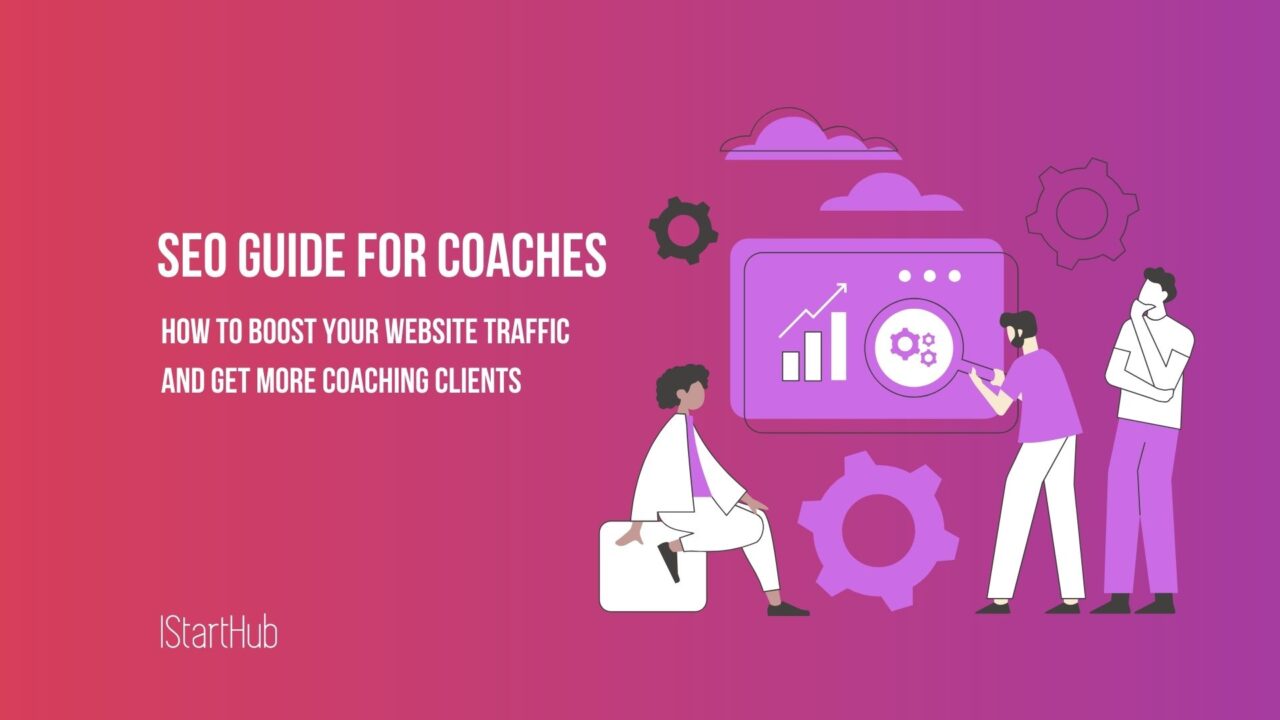The California Consumer Privacy Act (CCPA) is a new law that gives California consumers more control over their personal data. The law, which goes into effect on January 1, 2020, will impact businesses of all sizes that collect, use, or sell the personal information of California consumers.
If you are a business that collects or uses personal information from California consumers, it is essential to understand the requirements of the CCPA and take steps to ensure compliance. This quick guide will help you get started on the path to CCPA compliance.
What is CCPA?
CCPA is a complex and comprehensive law that regulates how businesses in California collect and use consumer data through the cookie banner CCPA. The critical components of the law include:
- The right to know what information about them is being collected and how that data is shared or sold
- Consumers’ right to opt-out of their personal information being sold
- Customers’ right to request the erasure of their personal information
- The right of consumers to receive equal service and prices, regardless of whether they exercise their privacy rights
Key terms:
– Data: Any information that can be used to identify or contact a person, such as a name, address, email address, or phone number.
– Personal information: Data that can be used to identify or contact a person, such as a name, address, email address, or phone number.
– Sale of personal information: The act of sharing or selling consumer data for financial gain. This includes direct sales, such as selling personal data to marketing companies, and indirect sales, such as sharing or selling consumer data to third-party service providers.
– Equal service and prices: A requirement under CCPA that businesses must offer the same products and services, as well as the same pricing, to consumers who opt out of the sale of their personal information as they do to consumers who do not opt out.
What does CCPA mean for businesses?
CCPA will significantly impact businesses of all sizes that operate in California. Businesses will need to review their data collection and handling practices to comply with the new law. They may need to change their operations or technology to meet their requirements. In particular, businesses will need to be prepared to:
- Provide consumers with the ability to opt-out of the sale of their personal information
- Honor consumer requests to delete their personal information
- Offer equal service and prices to consumers who opt out of the sale of their personal information
- Comply with new data security requirements
- Provide consumers with clear and concise information about their privacy rights
- Train employees on CCPA compliance and data handling practices
What do businesses need to do to comply with CCPA?
Businesses that collect, use, or sell the personal information of California consumers will need to take steps to ensure they comply with CCPA. Some of the key things businesses will need to do include:
- Post a conspicuous privacy policy on their website that details their information collection and use practices
- Provide clear, easy-to-understand notices to consumers about how their data is being collected, used, and shared
- Give consumers the ability to opt-out of the sale of their personal information
- Give consumers the ability to delete their personal information upon request
Overall, CCPA presents significant challenges for businesses in California. However, it is possible to comply with the law and maintain a strong relationship with your customers with the proper planning and preparation.
What is personal information under CCPA?
Data that identifies links to, characterize, or is capable of being related to a specific consumer or household is referred to as personal information by the CCPA. This broad definition includes many types of personal data, such as contact information, online activity data, financial and health information, and location data as mentioned in the cookie banner CCPA.
What rights do consumers have under CCPA?
Since the CCPA or California Consumer Privacy Act went into effect on January 1, 2020, there has been a lot of confusion over what rights consumers have under the new law. Here are the rights:
1. The right to know what personal information:
Information regarding how and why firms acquire and utilize customer data is a fundamental right that should not be taken lightly. This includes the right to request a copy of their data, as well as information about the sources of that data.
2. The right of deleting their personal data:
Personal information gathered by corporations can be requested to be deleted by consumers. Businesses must respond to these inquiries within 30 days of receiving them.
3. The right to opt-out of the sale of their personal information:
Consumers have the right to opt-out of the sale or share their personal information with third parties for financial gain. This includes direct and indirect sales, such as when data is sold to a service provider that uses it for targeted advertising.
4. The right to equal service and prices:
Consumers have the right to equal service and pricing from businesses, regardless of whether they opt-out of selling their personal information. This means that businesses cannot provide special offers or discounts to consumers who choose to share their data while refusing to offer those same benefits to consumers who opt-out.
What are the penalties for non-compliance with CCPA?
Businesses that fail to comply with CCPA may be subject to significant fines and other legal penalties. These penalties vary depending on the nature and severity of the violation but can include both civil and criminal penalties. In addition, businesses that suffer a data breach may be subject to additional penalties under California’s data breach law.
What are the requirements under CCPA?
Under the CCPA, businesses must take specific steps to comply with the law. These requirements include giving consumers the right to know what personal information is being collected about them, the right to delete their personal information, and the right to opt-out of the sale of their personal information. In addition, businesses must take steps to protect consumers’ personal information from unauthorized access, use, and disclosure.
Conclusion
As we mentioned at the beginning of this post, CCPA is a complex piece of legislation. However, complying with it does not have to be complicated. If you take the time to understand what CCPA requires and put into place some basic data protection measures, you should be in good shape.
Nick Bell, is a Digital Marketing Team Lead at Mandatly, based in the US. He is a digital nomad, traveling the world while he builds beautiful WordPress websites for small and mid-sized businesses around the world.
Like Mandatly is one of the growing cookie compliance services providers based in the US. I would recommend Mandatly free cookie consent service for site. It's quite easy to sign up & use snippets for site to protect users' privacy.







